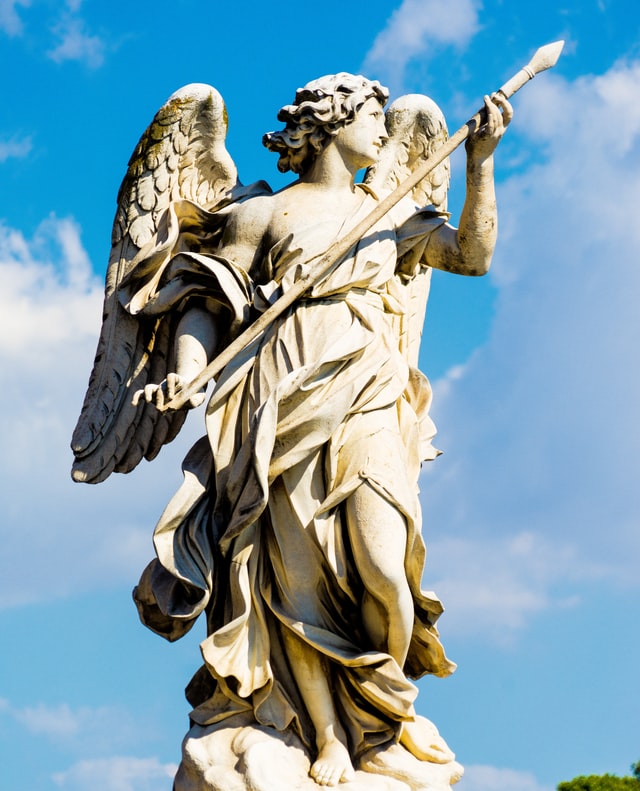Existentialists believe that life is meaningless and that people should define their purpose and meaning. So it would seem that they would not believe in the afterlife, which is often seen as a place of eternal happiness. However, some existentialists believe in the afterlife, while others do not. It all comes down to how each individual defines it.

What do Existentialists Believe?
Existentialists believe that each individual is responsible for creating their purpose and meaning in life. The fundamental concept is that life has no meaning, and our existence has no purpose. Due to this, we have the free will to define our purpose. According to existentialists, the world is full of suffering, which will not change, so suffering is inevitable. People can overcome this state by creating meaning. They argue that our purpose does not come from governments, Gods, or other authorities.
Why is Death a Possibility for Man and Not Simply a Limit?
Heidegger described death as a “possibility of the impossibility of any existence at all.” Heidegger gave four aspects that explain death. It is noted that death is non-relational because “before death,” one has to cut relations with others. Death is only experienced through an individual dying. He also argues that death is an uncontested event, and it is certain that we will die. Death is also indefinite since nobody knows when it is going to happen. The last aspect is that death cannot be outstripped, meaning “that death is pretty damned important. There’s no way of trumping it, and it outstrips all the possibilities that my power of free projection possesses”.
Death is a possibility for man because it is unavoidable. It does not limit people from doing whatever they wish for in life, but it ends one’s existence.
What did Aristotle think about Death?
According to Aristotle, “the dead are more blessed and happier than the living,” which might be because they would have cut ties with the sufferings of this world. He also argued that “to die is to return to one’s real home” [Source]. He believed that “death is evil and most painful for the virtuous and happy, as they have the most to lose” [Source]. It is only liberating to those suffering compared to those with heaven on earth.
Explain Death is a Possibility that Ends all Possibilities
According to Heidegger’s theory, death is certain and cuts one’s ties with others. Also, death ends a person’s existence; thus, one ceases to exist. Because it is certain and ends one’s existence, death becomes a possibility that ends all the other possibilities for humans. When an ambitious person dies, death will take all their ambitions. Some argue that death is permanent and leaves a vacuum in the world. This means that death ends everything else for those who do not believe in the afterlife.
Existentialism and Death Anxiety
The similarity between existentialism and death anxiety is that “life is inherently pointless, our existence has no meaning because there are limits or boundaries on it, and we all must die someday” [Source]. Existentialists believe that a person should find meaning in this meaningless world and chase dreams to establish a purpose. Death anxiety relates to one’s fears of death or the process of dying [Source] and can be referred to as thanatophobia. It happens to existentialists who want an extended life to search for their purpose and meaning in life fully. But death ends all possibilities, so humanity fears it since it can snatch you at any time without giving you time to accomplish all your goals.
Explain the Significance of Death in the Existence of the Person
Death is described as a certain which is permanent and cuts all ties with others. When one dies, he or she ceases to exist, and all aspirations are buried with the individual. People can enjoy life, but they know that they will die someday. This enables them to prepare for their offspring’s future [Source]. Those who believe in the afterlife are influenced by death to abide by beliefs that will allow them to have an afterlife. Coming to terms with the fact that you will die is vital in one’s well-being and mindset when planning life choices.
How Long have Humans believed in an Afterlife?
Humans have believed in an afterlife for a very long time, as evidenced by the ancient people’s beliefs [Source]. For instance, the traditional African setup, which believed in ancestors, argued that our forefathers still aided our existence. There is also a culture of people visiting the grave yards to interact with the dead. Then religions such as Christianity and Islam also buttress the idea of an afterlife. Philosophers such as Socrates noted that “the gods give him a more certain and complete happiness in death than he has in life” [Source].
Is Existentialism compatible with Christianity?
Existentialism wants people to find meaning in life, and one can find meaning in religion, so these two can coexist. A link between existentialism and Christianity is visible in the philosophy of Christian existentialism [Source]. Both existentialism and Christianity advocate for people to live meaningful lives. Christianity states that this can be achieved by living a righteous life. Also, these concepts concur with the fact that the world is full of suffering and evils, which are described as sins by Christianity.







































